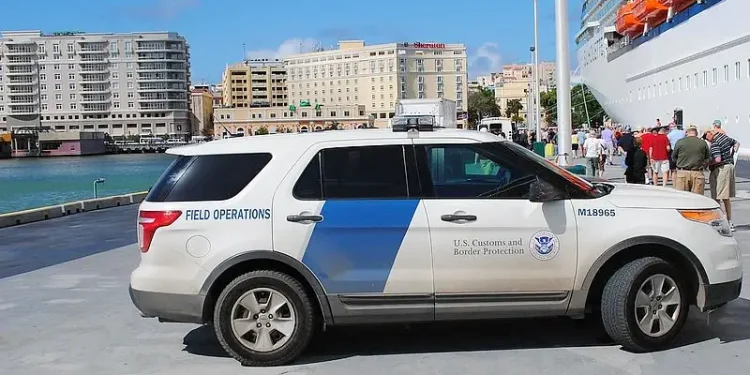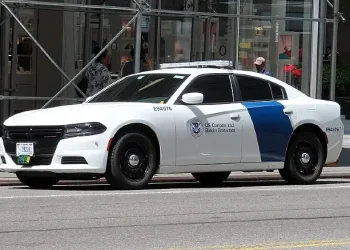The U.S. Customs and Border Protection (CBP) San Juan Field Office is set to host a critical virtual seminar on forced labor enforcement.
Aimed at importers and businesses in Puerto Rico and the U.S. Virgin Islands, this seminar will take place on August 29, 2024, and is part of CBP’s ongoing efforts to uphold ethical trade practices and compliance with U.S. laws prohibiting the importation of goods produced through forced labor.
Understanding Forced Labor Enforcement
Forced labor, as defined under Section 307 of the Tariff Act of 1930, prohibits the importation of goods produced, in whole or in part, by forced or indentured labor, including forced child labor.
Roberto Vaquero, Director of Field Operations in San Juan, emphasizes that compliance with these laws is not just a legal obligation but a moral imperative that safeguards human rights.
The CBP’s role in enforcing these laws includes issuing Withhold Release Orders (WROs), enforcing the Uyghur Forced Labor Prevention Act (UFLPA), and acting under the Countering America’s Adversaries Through Sanctions Act (CAATSA).
Topics Covered in the Seminar:
- Legal requirements under Section 307 of the Tariff Act of 1930
- The impact of repealing the Consumptive Demand Clause in 2015
- Practical guidance for businesses to maintain compliance
This virtual seminar provides a unique opportunity for importers to gain insights into how CBP investigates and enforces allegations of forced labor in supply chains.
As the only U.S. government agency with the authority to take action against such goods, CBP’s mission supports ethical trade and helps level the playing field for U.S. companies that respect fair labor standards.
The Global Impact of Forced Labor
According to the International Labour Organization (ILO), an estimated 27.6 million people were subjected to forced labor as of 2021, making it a global issue that transcends borders and industries. Forced labor can occur in various sectors, from agriculture to manufacturing, and affects numerous countries worldwide.
The ILO has developed 11 indicators to help identify situations of forced labor, which CBP uses as a guide when determining whether a product is produced under such conditions.
Practical Steps for Importers:
- Regularly audit supply chains for potential risks
- Stay informed about CBP’s WROs and other enforcement actions
- Implement internal policies that align with global standards on labor practices
The CBP’s seminar will equip importers with the knowledge and tools needed to ensure their supply chains are free from forced labor, helping to prevent the entry of unethical products into the U.S. market.
To Sum Up
As global trade continues to evolve, the enforcement of forced labor laws remains a vital component of maintaining ethical business practices. CBP invites importers in Puerto Rico and the U.S. Virgin Islands to attend a seminar to learn about their obligations and available resources.
By staying vigilant and informed, businesses can contribute to a fairer, more humane global trade system.
Event |
Date and Time |
Location |
|---|---|---|
| CBP Forced Labor Seminar | August 29, 2024, 9:30 AM | Virtual Event (Online) |
This proactive approach not only safeguards businesses from legal repercussions but also strengthens their reputation as responsible and ethical participants in the global marketplace.
Sources: THX News & US Customs and Border Protection.








